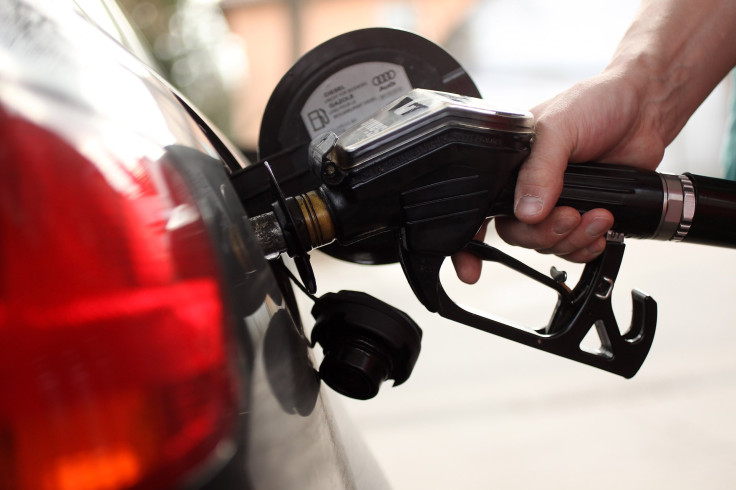Climate Change News: Trump Fuel Standards To Cost Motorists More, Not Less

KEY POINTS
- The new rules require fuel efficiency to be improved 1.5% annually for model years 2021-26
- The previous rule requiring 5% annual improvements would have saved motorists $1.7 trillion and 12 billion barrels of oil
- The rollback is part of the administration effort to reduce federal regulations
Administration rules easing fuel efficiency standards, part of the continuing campaign to roll back federal regulations, likely would cost consumers more in the long run and fail to make roads safer.
President Trump said the new Safer Affordable Fuel-Efficient Vehicle rule would make cars cheaper and “substantially safer,” but an administration analysis indicates the likely $1,000 savings on the sticker price would be offset by $1,400 more in gasoline costs over the life of the vehicle, the Washington Post reported.
The rules ease fuel efficiency standards, requiring automakers to improve fuel efficiency by just 1.5% annually for model years 2021-16, slashing the 5% increase mandated by Obama administration rules. Between 2005 and 2016, fuel efficiency increased about 2.4% annually. The current administration initially had proposed freezing fuel efficiency standards.
The administration action is part of an effort to wrest leadership on fuel efficiency from California, which has imposed some of the most stringent fuel efficiency standards to try to reduce air pollution.
The Environmental Protection Agency’s Scientific Advisory Board said administration projections of savings are “implausible.” Peter Wilcoxen, a Syracuse University professor who chaired the advisory group, said the administration projections are based on faulty assumptions.
In a letter Wednesday to the White House Office of Management and Budget, Sen. Thomas Carper, D-Del., said though the new rules may lower the sticker price on new cars, drivers would pay more at the gas pump, offsetting any initial savings and perhaps costing them more in the long run.
The Obama administration had estimated its rule would allow consumers to save $1.7 trillion on gas and reduce oil consumption by 12 billion barrels.
“In short, the SAFE Vehicles rule, if finalized in its present form, will lead to vehicles that are neither safer, nor more affordable or fuel-efficient,” said Carper, the ranking Democrat on the Senate Environment and Public Works Committee.
He noted the new rules likely will lower sticker prices by just $1,000 – not the $3,000 Trump estimated in August, but wind up costing motorists $1,400 in additional gas costs over the life of the vehicle.
“This would seem to fly in the face of rational rulemaking, which requires the benefits to exceed the costs, not the other way around,” Carper wrote.
© Copyright IBTimes 2025. All rights reserved.






















